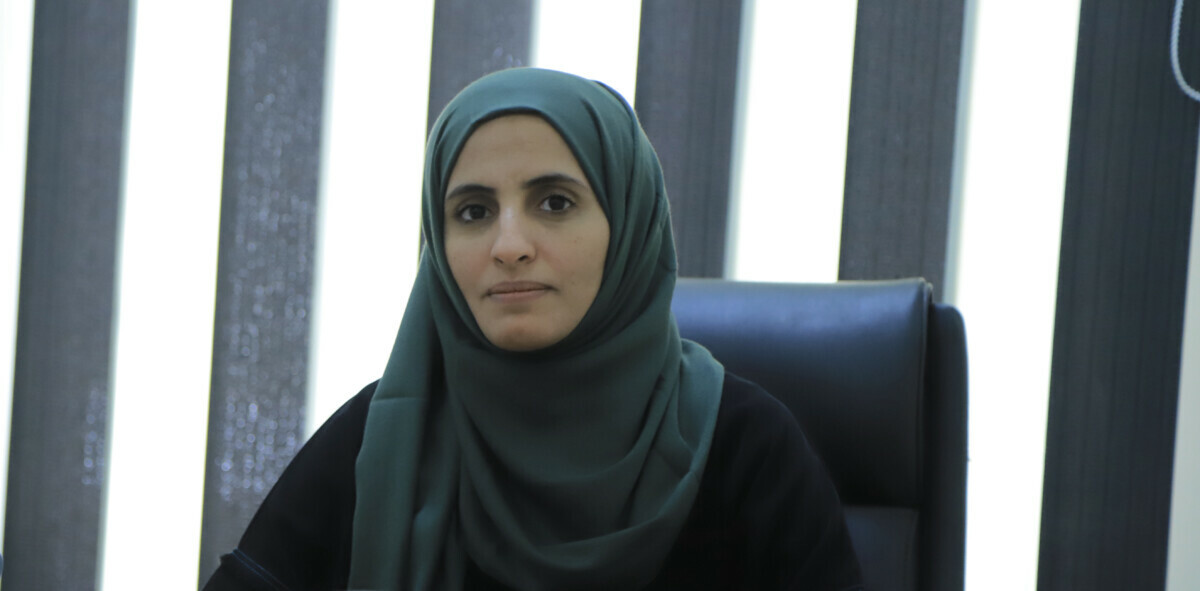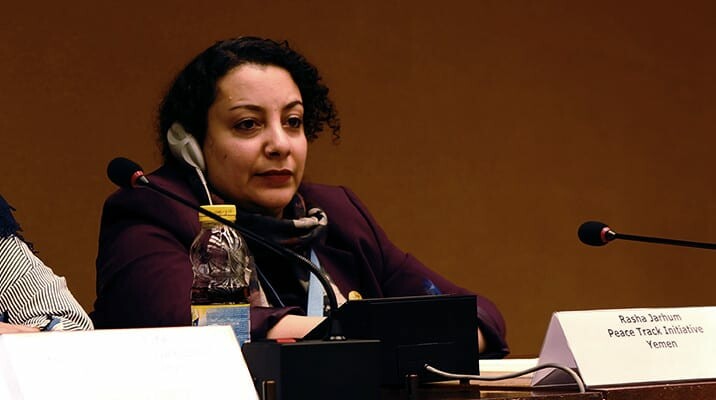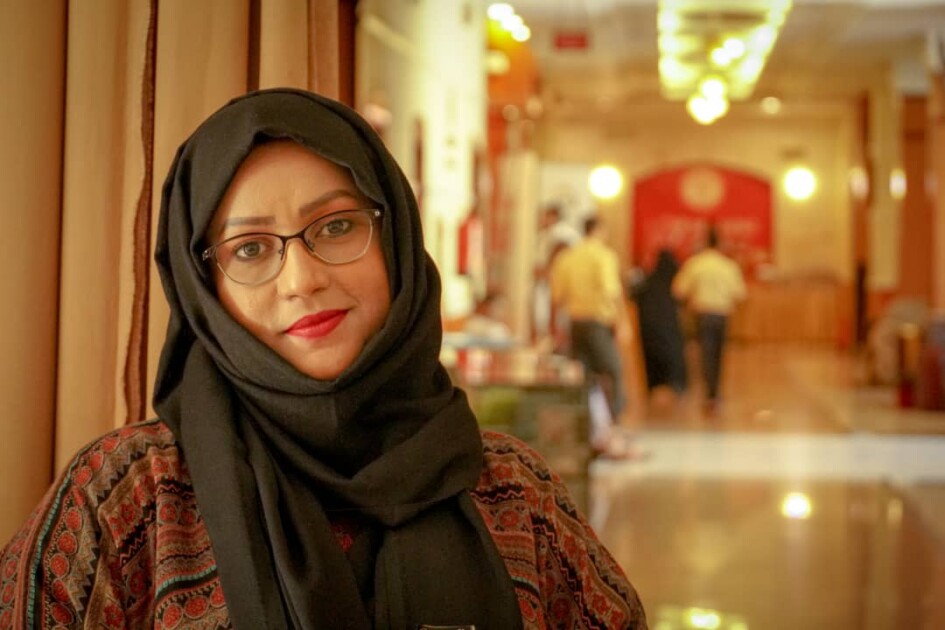Yemen
Yemen
Current and Past Recommendations to the UN Security Council (Monthly Action Points)
As the Council discusses the situation in Yemen, women’s meaningful participation in all aspects of the political and peace process should be emphasized. The Council must put more pressure on the UN Special Envoy to include women in peace consultations. The Council must call on parties to release civilian detainees, especially women detainees and exert pressure to end the recruitment of children into armed groups. The Council must continue to pressure all parties to implement the Stockholm Agreement and comply with their obligation to allow and facilitate impartial, rapid and unimpeded delivery of humanitarian assistance to civilians in need under IHL. The Council must pressure the conflict parties to a ceasefire and refrain from opening new fronts or renew fighting in previous fronts. Fighting escalation in Dhale’e has resulted in widespread displacement of civilians and has complicated access to the airport in Aden. The Council must apply pressure towards lifting the embargo on civilian airports in Yemen, including Sana’a airport and Rayan airport. Any humanitarian assistance in the region must be gender-sensitive, developed in partnership with local CSOs, and include a full range of medical services, including psychosocial and sexual and reproductive health services, as well as access to legal assistance, education and employment, before, during, and after armed conflict (S/RES/2122 (2013), CEDAW/C/YEM/Q/7-8). The Council and UN offices in Yemen must support civil society efforts to establish emergency plans and humanitarian operation room teams. UN entities in Yemen should adopt a sustainable approach for gender-focused interventions, such as establishing SGBV response structures and services and more solid protection programs for women human rights defenders (WHRDs) that include relocation services, especially since there are only four shelters for women run by the Women’s Union in the entire country. Moreover, the Council should ensure the participation of CSOs, women leaders, women’s groups, and youth representatives that reflect the ethnic, geographic, and political diversity of Yemen’s population, in all conflict resolution and conflict management processes. Further, Council members should ask senior UN officials to provide updates regarding efforts to protect WHRDs and civil society activists, and their access to legal support and essential services. The Council should particularly call for the release of Asmaa Al-Omaisi, who was detained by Houthis and sentenced to death. Council members should support the mandate of the Group of Eminent Experts (GEE) and request all UN agencies to fully collaborate with the GEE; in particular, those that have a presence inside Yemen and benefit from direct access to Yemenis who have been subjected to human rights violations. The international community should provide continued support to the national human rights monitoring and reporting mechanism, including capacity-building support around women’s rights and gender-sensitive documentation of violations and abuses. Basic documentation practice should include collection of information on the specific vulnerabilities faced by men and boys, particularly in the case of detention or recruitment. All stakeholders must ensure women’s meaningful participation in the design and implementation of peace and security strategies, including those that aim to counter violent extremism (S/RES/2122 (2013), OP 13; S/RES/2242 (2015), OP 13; CEDAW/C/YEM/Q/7-8).
Relevant Resources







